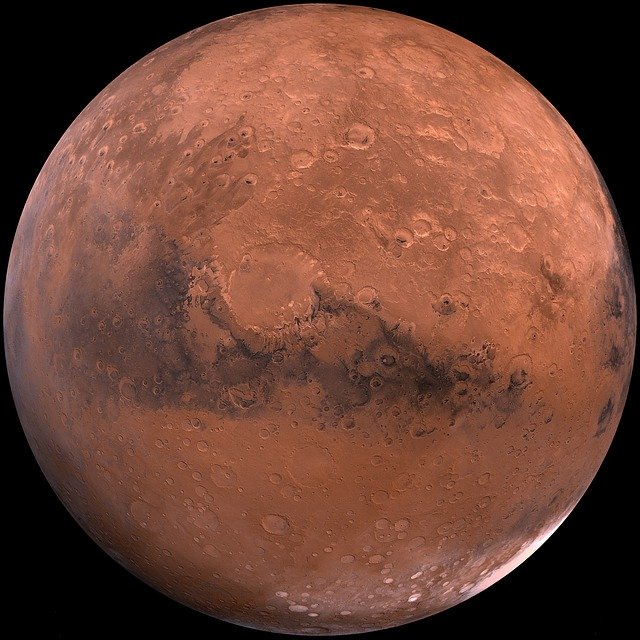There's a long-standing question in planetary science about the origin of water on Earth, Mars and other large bodies such as the moon. One hypothesis says that it came from asteroids and comets post-formation. But some planetary researchers think that water might just be one of many substances that occur naturally during the formation of planets. A new analysis of an ancient Martian meteorite adds support for this second hypothesis.
Several years ago, a pair of dark meteorites were discovered in the Sahara Desert. They were dubbed NWA 7034 and NWA 7533, where NWA stands for North West Africa and the number is the order in which meteorites are officially approved by the Meteoritical Society, an international planetary science organization. Analysis showed these meteorites are new types of Martian meteorites and are mixtures of different rock fragments.
The earliest fragments formed on Mars 4.4 billion years ago, making them the oldest known Martian meteorites. Rocks like this are rare and can fetch up to $10,000 per gram. But recently 50 grams of NWA 7533 was acquired for analysis by the international team in which Professor Takashi Mikouchi at the University of Tokyo was participating.
It's well known to planetary scientists that there has been water on Mars for at least 3.7 billion years. But from the mineral composition of the meteorite, Mikouchi and his team deduced it's likely there was water present much earlier, at around 4.4 billion years ago.
This oxidation could have occurred if there was water present on or in the Martian crust 4.4 billion years ago during an impact that melted part of the crust. Our analysis also suggests such an impact would have released a lot of hydrogen, which would have contributed to planetary warming at a time when Mars already had a thick insulating atmosphere of carbon dioxide.
